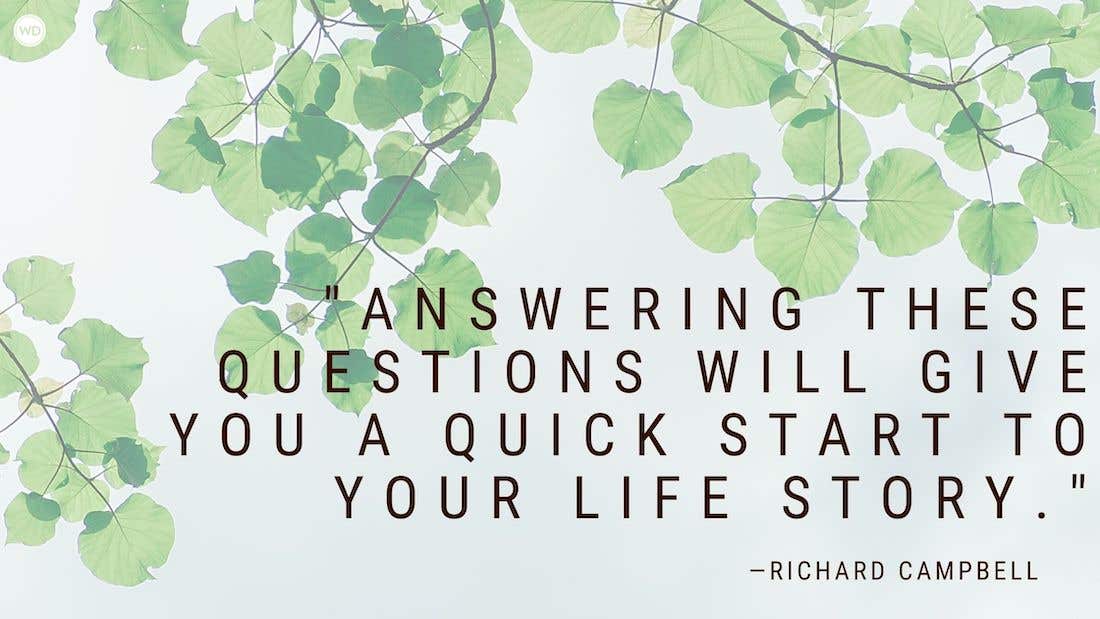Brenda Novak on 5 ways to make your romance story stand out to editors and agents
Thanks again to novelist Brenda Novak for stopping by last week—and to you all for reading and commenting. Per that post, Martha W. and Kristan will each claim an autographed…
Thanks again to novelist Brenda Novak for stopping by last week—and to you all for reading and commenting. Per that post, Martha W. and Kristan will each claim an autographed copy of one of Brenda’s books. (Martha and Kristan, can you shoot your addresses to me at writersdigest [at] fwmedia [dot] com so I can pass them along to Brenda?)
And while we’re on the topic of Brenda, we received an e-mail last week wondering about the key ingredients of solid romance stories. (Since I'm spectacularly unprepared to write romance how-tos based on my personal writing experience), here, from Brenda’s article in the new issue of WD about the current state of the genre and how to break in, are five of her insights about what can make your story stand out to agents and editors.
Happy Wednesday!
*
A strong hook or concept. Anything that helps a publisher promote you and your novel is a plus. If you have what’s called a “high concept” (like Dan Brown’s shocking secrets about the Catholic church, or Jodi Picoult’s issue-related stories) and can communicate it simply and clearly in your pitch, you’ll have a better shot at getting noticed. Popular “hooks” in romance novels currently include secret babies, amnesia, marriages of convenience and mistaken identities.
Sympathetic, motivated characters. Be sure your protagonist always has something important and personal at stake. When choosing your point of view, tell the story from the viewpoint of the character (or characters) with the most to lose. In romance, readers typically prefer a strong heroine whose sole purpose isn’t to find a man. She is most often successful in her own right, at least on some level (even if she’s facing a difficult time), and this makes her the perfect complement to a strong hero. Paula Eykelhof of MIRA Books, who edits my work as well as Debbie Macomber’s, says, “Readers will care about what happens next only if they can care about your characters, connect with them in some way and feel interested in their personalities and their fates.”
High-stakes conflict. Any Happily Ever After is more enjoyable if it’s hard-won. Although many of the conflicts in romantic fiction may be internal (depending on the subgenre), plot needs to grow out of character. The greater the challenge keeping your characters apart, the more compelling the story will be. Make those challenges difficult but not impossible to overcome.
Unique voice. To Jayne Ann Krentz, who also writes as Jayne Castle and Amanda Quick and has penned many New York Times bestsellers, voice is what sets one author’s books apart from all the rest. “Voice contains an author’s core values and worldviews and cannot be duplicated. Give one plot to 10 different authors and you’ll get 10 very different stories.”
Tight pacing. Today’s busy reader prefers a story that moves quickly and doesn’t rely too much on interior monologues. Avoid letting your story become static. Keep the reader in the action. Use non-cliché metaphors and similes, and evoke the five senses wherever possible. As in most good writing, avoid passive verbs.
(For more tips on the subject, including the core characteristics of the genre, check out the May/June WD.)
* * *
WRITING PROMPT: View Askew
Feel
free to take the following prompt home or post your
response in the Comments section below.
If you’re having trouble with the
captcha code sticking, e-mail it to me at
writersdigest@fwmedia.com, with “Promptly” in the subject line, and I’ll
make sure it gets up.
As Brenda quotes above, “Give one plot to 10 different authors and you’ll get 10 very different stories.” Choose a story from the news, and imagine two different writers witnessed the event—and then went home to write about it. Write their two unique takes on the subject—in a journal entry, a fiction piece inspired by the event, a poem, or any other form your characters desire.
Zachary Petit is a freelance journalist and editor, and a lifelong literary and design nerd. He's also a former senior managing editor of Writer’s Digest magazine. Follow him on Twitter @ZacharyPetit.








